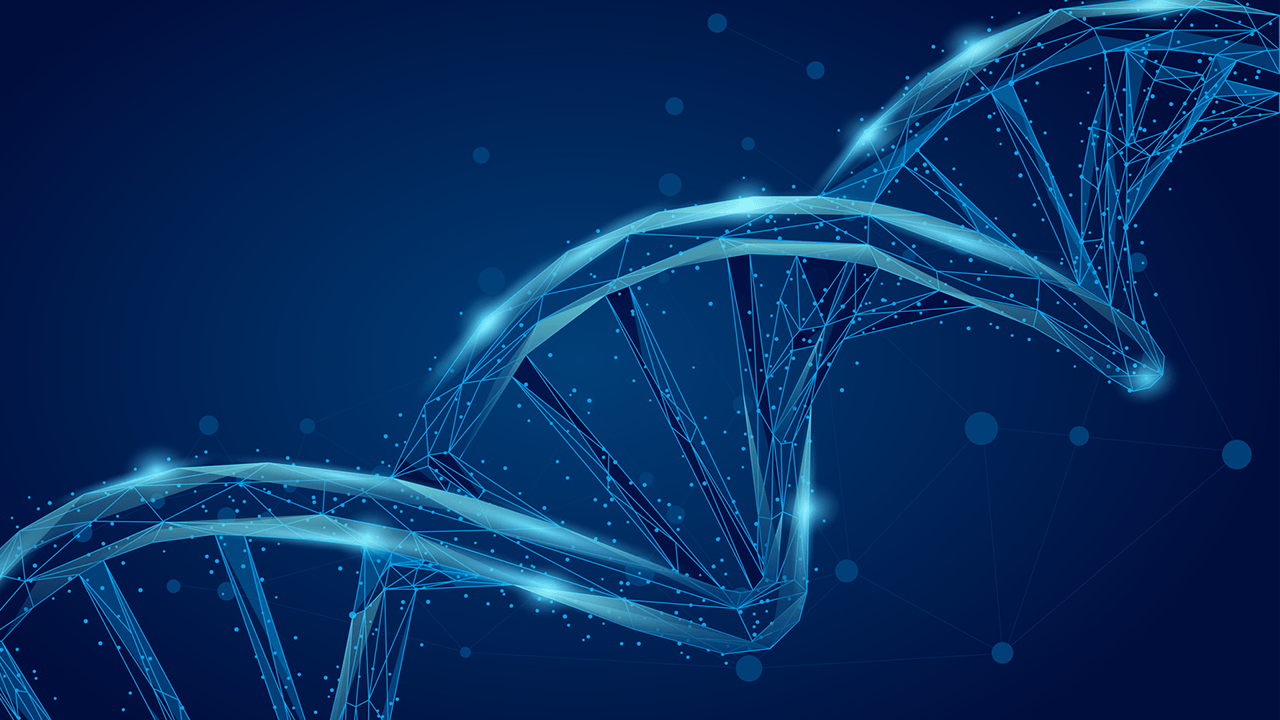Austrian biotech startup HeartBeat.bio has secured a € 4.5 million Pre-Series A round.
The fresh capital will fuel the completion of its cardioid drug discovery platform for proprietary and collaborative drug discovery programs for the likes of drug-induced and genetic cardiomyopathies or myocardial infarction and fibrosis.
The funding round was co-led by i&i Biotech Fund, Invest AG, aws Gründungsfonds II, and Tensor Ventures.
HeartBeat.bio’s drug discovery platform starts from target identification and validation, disease modeling, hit identification and confirmation up to lead compound development, drug profiling, and finally clinical trials-in-a-dish.
The platform is designed to develop first-in-class drugs faster, less expensively, and with a higher clinical success rate.
"We believe HeartBeat.bio's technology has real potential to contribute to more effective drug development to treat cardiovascular diseases. At the same time, we also see an ethical dimension, as the deployment of this technology will lead to a reduction in the number of animal experiments," says Tomas Maršálek, CFO of i&i Biotech Fund.
HeartBeat.bio combines its scalable cardioid technology with Molecular Devices’ CellXpress.ai automated cell culture system a 3D biology innovation hub, as part of a partnership between the two.
“We are proud to have received funding from four complementary investors with the financial capacity to continue funding in our Series A venture round, which is planned for 2025,” says Michael Krebs, CEO of HeartBeat.bio.
Lead image via HeartBeat.bio



Would you like to write the first comment?
Login to post comments